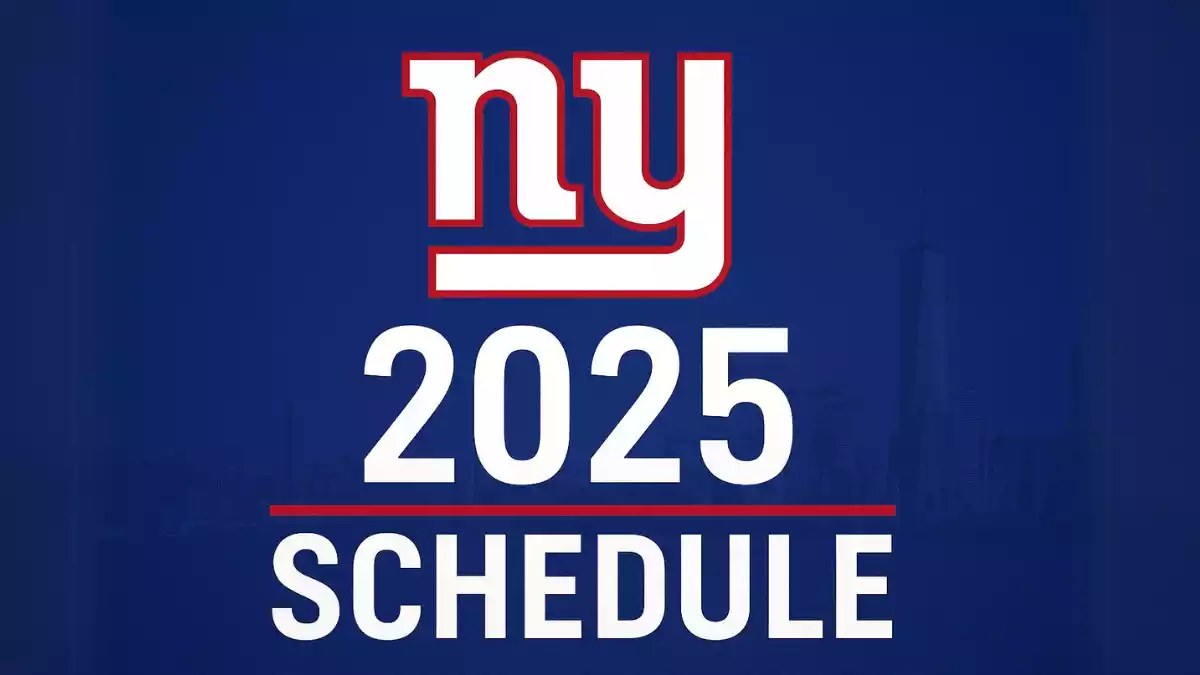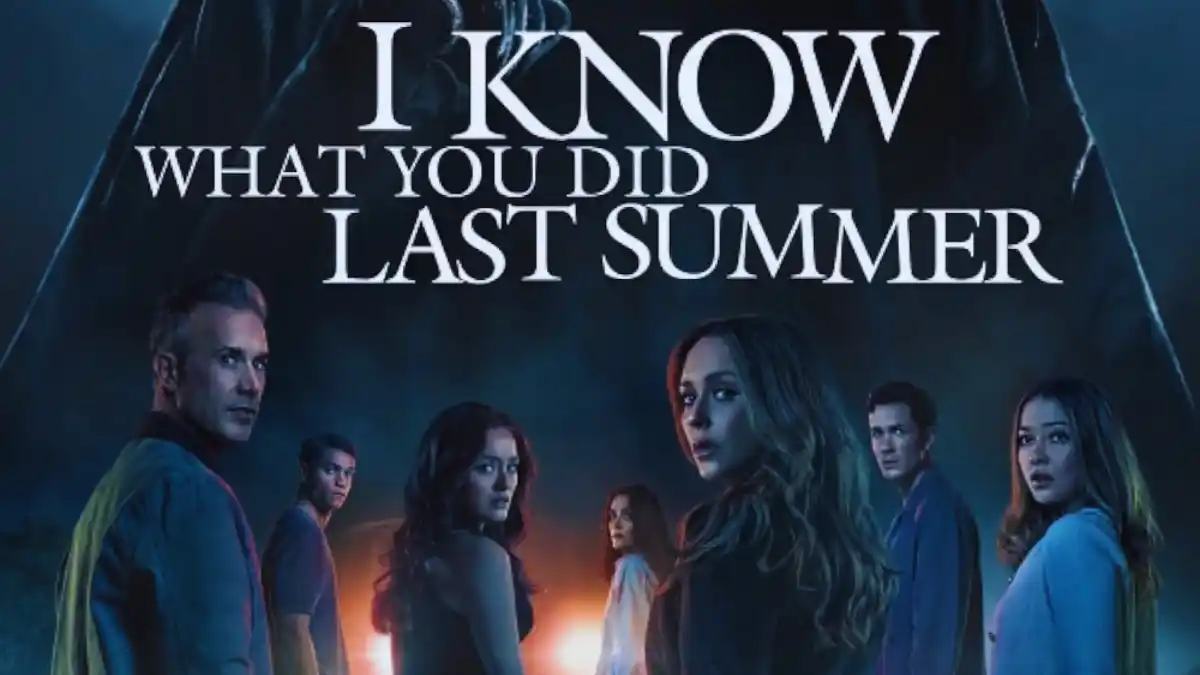If you’ve been wondering why some of the Boston Red Sox’s brightest young stars are riding the bench during crucial matchups, you’re not alone. This weekend, as the Red Sox face a string of left-handed pitchers against the New York Yankees at Fenway Park, manager Alex Cora is sticking with his time-tested approach: benching left-handed rookies like Roman Anthony and Marcelo Mayer to avoid left-on-left matchups.
This tactical decision, now at the center of media and fan debate, is part of a larger Red Sox rookie platoon strategy that Cora has upheld since 2018. But why is it so controversial? And does it actually work? Let’s dive in.
What’s Behind the Red Sox Rookie Platoon Strategy?
At the heart of the conversation is Alex Cora’s commitment to easing rookies into the major leagues—especially when it comes to facing elite left-handed pitching. Rather than throwing rookie hitters into the deep end, Cora opts to platoon them with veteran right-handed bats like Rob Refsnyder and Romy González, especially in critical matchups.
When questioned about this approach earlier in the week, Cora didn’t hold back.
“Let’s wait until we see the lefty, and then when you see the lineup, you can ask me,” he said in a press conference, clearly frustrated.
“We have some good righties here… I get that the rookies are great hitters, they’re great players, but those two guys [Refsnyder and González] are really good at what they do. We’re trying to win as many games as possible.”
Why Rookie Platoons Make Sense (Even If Fans Hate It)
From a fan’s perspective, sitting top prospects like Mayer and Anthony can feel disappointing—especially when expectations are sky-high. But Cora’s track record suggests this isn’t just a conservative move; it’s a proven developmental strategy. In fact, Rafael Devers, now one of the top hitters in baseball, was part of this very same approach back in 2018.

Cora’s argument is simple:
- Facing lefties is tough for left-handed rookies.
- The jump in competition from minor leagues to MLB is massive.
- Protecting young talent early often leads to long-term success.
Statistically, the numbers back it up. Boston’s platoon lineup helped win two games in last weekend’s series against the Yankees, with contributions from both veterans and rookies moving across the field to adapt.
Developing Stars the Smart Way
The Red Sox rookie platoon strategy isn’t about holding back talent—it’s about preparing them for sustained success. Mayer and Anthony, dubbed “super prospects” by analysts, are expected to become franchise players. That’s precisely why Boston is being careful.
Instead of throwing them into every matchup, the team is targeting favorable conditions where these young players can build confidence and adapt to MLB speed. When used correctly, platooning serves as a launchpad, not a leash.
Cora’s Frustration Is Justified
Cora’s recent comments reveal growing frustration with repeated questioning of his lineup decisions.

“We can’t play 13 position players. We cannot,” he said. “I get it, people get frustrated, but I get frustrated, too… Rafael Devers platooned in 2018, and now he’s one of the best hitters in the big leagues.”
He’s not wrong. The blueprint has worked before, and Cora has never shied away from taking the heat if it means protecting the team’s long-term vision.
What This Means for the Weekend Series
With left-handers lined up for the Yankees, Mayer and Anthony will likely see limited action. Instead, expect Boston to rely on right-handed hitters like Refsnyder and González, who are proven platoon pieces in matchups like these.

But fans shouldn’t panic. This doesn’t mean the rookies are failing—it means the team is investing in their long-term development, even if it means short-term lineup changes.
Conclusion: Patience Is Part of the Plan
The Red Sox rookie platoon strategy may not be flashy, but it’s smart, strategic, and backed by years of successful precedent. Alex Cora is building stars, not burning them out. Mayer and Anthony will get their time to shine—but it’ll come when the stage is best set for them to succeed.
Until then, fans would be wise to trust the process—and the man who’s been perfecting it since 2018.
Do you support Alex Cora’s platoon strategy? Let us know in the comments!
Don’t forget to share this article with other Sox fans, and for more insider updates on Boston’s top prospects, subscribe to our Red Sox newsletter or check out our Website.
Frequently Asked Questions (FAQs)
Why are Red Sox rookies like Marcelo Mayer and Roman Anthony not playing against lefties?
Because of the Red Sox rookie platoon strategy, manager Alex Cora prefers to avoid left-on-left matchups for his young players, easing them into tough MLB competition.
What is the Red Sox rookie platoon strategy?
The Red Sox rookie platoon strategy involves rotating young left-handed batters out of the lineup against left-handed pitchers and replacing them with experienced right-handed hitters.
Has the rookie platoon approach worked for the Red Sox before?
Yes. Notably, Rafael Devers was platooned as a rookie in 2018 and has since become one of the top hitters in baseball, proving the effectiveness of this strategy.
Who replaces rookies like Mayer and Anthony in these matchups?
Veterans like Rob Refsnyder and Romy González are usually inserted into the lineup against lefties due to their better historical splits in those situations.
Will Mayer and Anthony play full-time eventually?
Yes, as they gain experience and prove they can handle MLB-level left-handed pitching, they’re expected to become everyday players for the Red Sox.











